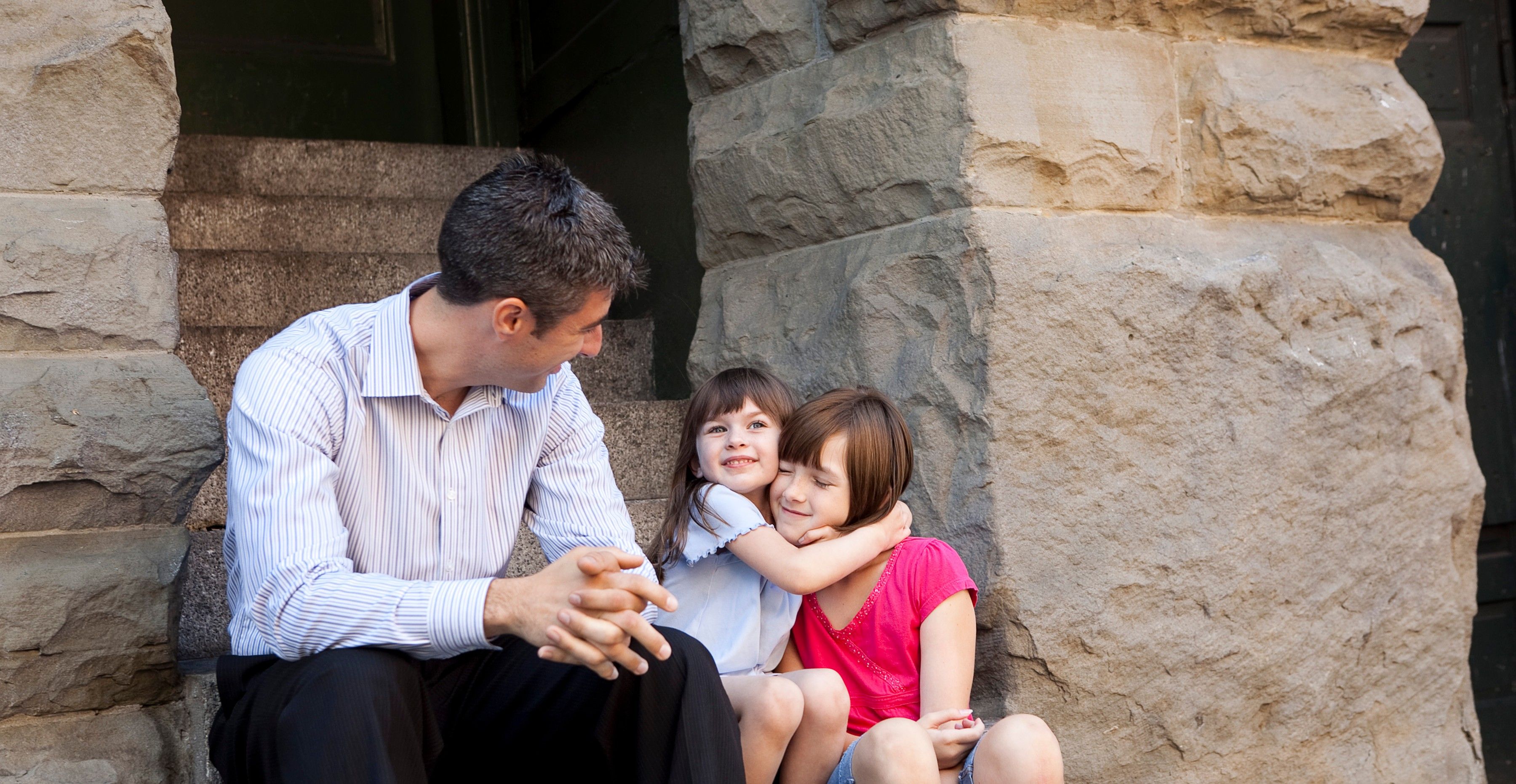
As my friends are all dropping off their nearly adult children at colleges and universities this week, I am reminded of my parents dropping me off at college for the first time. I stuffed everything that I could into the gigantic trunk of my father’s baby blue Caddy - which was a lot – and travelled north to Rhode Island where I would begin my life as an “adult” – or so I thought – unfettered to parents, making my own daily decisions. This was what I had been waiting for.
So, we drove and drove and finally arrived with all of the other freshman, whose families had packed their cars and driven distances great and small to give their children a better opportunity, maybe one that they hadn’t even had for themselves. Families filled the whole campus and not once did I ever think that a freshman might not have a family. The notion never even crossed my mind. I am sure that there were kids moving in the same day as I, without a family, without a trunk filled with their most prized possessions.
At the time, of course, I was not looking at my first day on campus through my parents’ eyes, or through the sacrifice that they made for me. However, as I see my friends making the same drive now, I finally see it through their eyes - the optimism of what is to come for their children, being proud of their accomplishments, and worried over the missteps that they will – undoubtedly - make along the way. Knowing that their relationship with their children will forever change the day that they leave them at their dorm room and drive away.
As I think about that day now, I have a different perspective. Not just from the experiences of my friends taking their children to college, but because of my work with an organization that advocates for youth living in foster care.
With this new viewpoint, today I think about the thousands of kids moving onto campus across the country this month, I think of the many foster youth who do not even have that opportunity - 70 percent of foster youth want to go to college, but only 39 percent enroll (Courtney, Terao, & Bost, 2004). I think about the only 10 percent who will graduate with an advanced degree by the time they turn 25. (Courtney et al., 2011; Pecora et al., 2006). I think about all of the foster youth who will drop out of college after their first year (Day, Dworsky, Fogarty, & Damashek, 2011) and I think we can do better; we must do better for these youth.
Once in college, foster youth struggle with the same matters that have challenged them their entire lives – making and keeping friends, mental health, lower academic achievement, getting and keeping employment, lack of healthcare, and, poor independent living planning. Add to the mix that many of these youth do not have the financial resources or strong adult role models to help guide them through difficult times and you have a recipe for adversity.
With all of these factors creating a barrier to a college education, one of the most significant is the lack of emotional support. These kids just do not have the support, that I had, or my friends kids have, to make it - only 34% of youth leaving foster care report a long‐term significant relationship or mentor (Munson & McMillen, 2009). Supportive adult connections – mentors, teachers, CASA volunteers, community leaders - are critical to a foster youth’s success, not just in college, but also throughout life.
These connections will empower a youth to realize their own potential, help them through challenging situations, point out resources and, help ensure that they too have a trunk full of their most prized possessions and the tools that they need to begin their successful “adult” life - after all, isn’t that what we want for every youth?
References
Courtney, M., Terao, S., & Bost, N. (2004). Midwest evaluation of the adult functioning of former foster youth: Conditions of youth preparing to leave state care. Chicago, IL: Chapin Hall at the University of Chicago.
Day, A., Dworsky, A., Fogarty, K., & Damashek, A. (2011). An examination of post‐secondary retention and graduation among foster care youth enrolled in a four‐year university. Children and Youth Services Review, 33(11), 2335–2341. https://doi.org/10.1016/j.childyouth.2011.08.004
Hayes Piel, Megan (2018) Challenges in the Transition to Higher Education for Foster Care Youth https://doi.org/10.1002/cc.20288
Munson, M. R., & McMillen, J. C. (2009). Natural mentoring and psychosocial outcomes among older youth transitioning from foster care. Children and Youth Services Review, 31(1), 104–111. https://doi.org/10.1016/j.childyouth.2008.06.003
Pecora, P. J., Kessler, R. C., O'Brien, K., White, C. R., Williams, J., Hiripi, E., ... Herrick, M. A. (2006). Educational and employment outcomes of adults formerly placed in foster care: Results from the Northwest foster care alumni study. Children & Youth Services Review, 28(12), 1459–1481. https://doi.org/10.1016/j.childyouth.2006.04.003
Pecora, P. J., Williams, J., Kessler, R. C., Hiripi, E., O'Brien, K., Emerson, J., ... Torres, D. (2006). Assessing the educational achievements of adults who were formerly placed in family foster care. Child & Family Social Work, 11(3), 220–231. https://doi.org/10.1111/j.1365-2206.2006.00429.x














